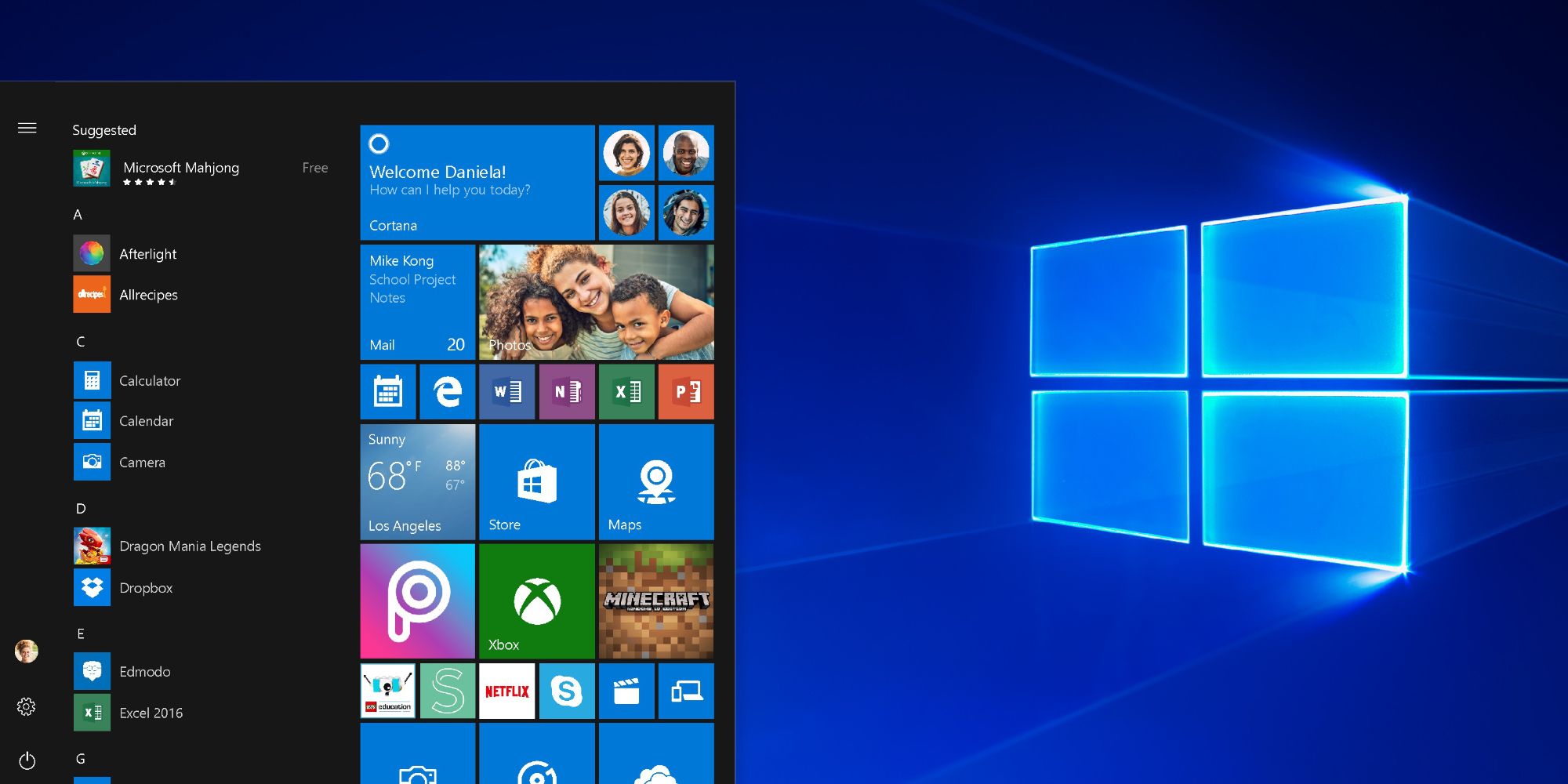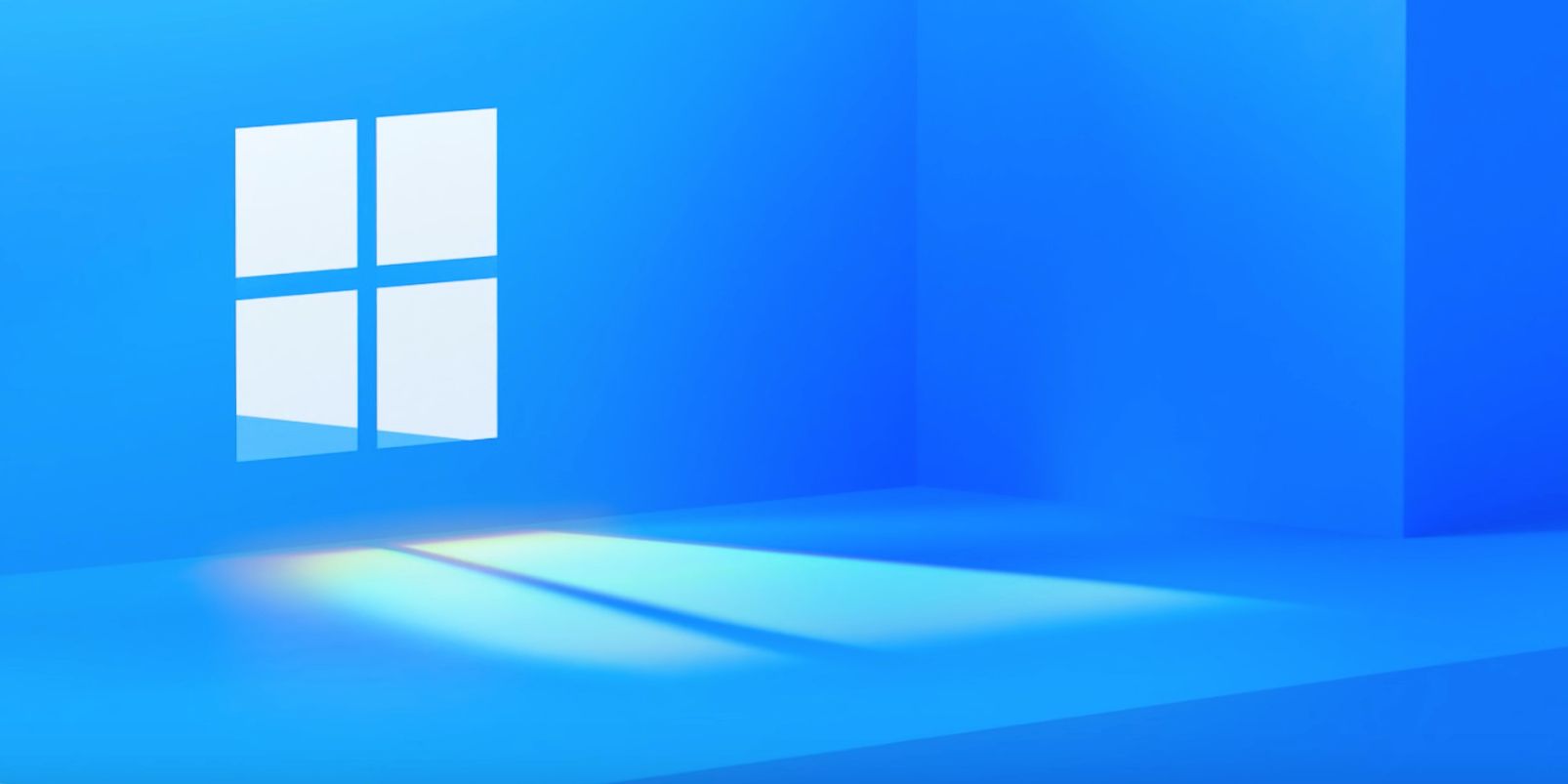After launching it in July 2015, Microsoft has now set a date for when it'll officially lay Windows 10 to rest. While Windows 10 was supposed to be 'the last version of Windows' the company would ever release, it's clear that strategy is changing a bit.
When Windows 10 was released six years ago, Microsoft was pitching the OS as a service rather than a standalone product. With previous releases like Windows XP, Windows Vista, Windows 7, and Windows 8, the operating systems didn't change all that much during their life cycle. They got minor updates here and there, but the core experience was pretty much unchanged until the next big Windows version came out. Microsoft ditched that idea with Windows 10, instead marketing the operating system as an ever-changing thing. This has been clearly evident in the years since Windows 10's release, with the OS receiving numerous feature changes and upgrades that would previously be reserved for an entirely new build of the OS.
The idea of Windows 10 being the last-ever Windows version seemed like an overly ambitious idea at the time, and apparently, Microsoft has now come to terms with that. As spotted by Thurrott, Microsoft has updated a support document to indicate that Windows 10 Home and Pro now have a 'Retirement Date' of October 14, 2025. From that point on, Microsoft will cease all support for Windows 10 as it shifts to focus entirely on what's going to replace it.
Microsoft Is Getting Ready For Windows 11
As Microsoft has already hinted at quite a bit recently, that replacement will likely be Windows 11. The company first teased that "the next generation of Windows" was coming soon, followed by an event invite for June 24th that's taking place at — wait for it — 11:00 AM ET. The teaser image also shows the Windows logo shining a reflection on the ground below it, with the reflection clearly resembling the number 11.
Not much has been revealed about Windows 11 quite yet, but if Microsoft is ditching its Windows 10 strategy and launching an entirely vew version of the OS, it's safe to assume it'll usher in a few major changes. This will likely include a new interface, a heap of new features, and whatever else Microsoft has been working on. During the Microsoft Build 2021 keynote, CEO Satya Nadella teased that it will "unlock greater economic opportunity for developers and creators" — strongly suggesting big changes for the Windows Store will be included in the Windows 11 update.
For folks using Windows 10 that are worried about the operating system being killed off in a few years, there's honestly not too much to worry about. October 2025 is still a long ways off, meaning there's plenty of time to keep using Windows 10 and rest assured it'll remain updated and secure. And when Windows 11 is eventually released, Microsoft will likely offer it as a free upgrade for all Windows 10 users (just like it made Windows 10 free for Windows 7 and Windows 8.1 computers).


